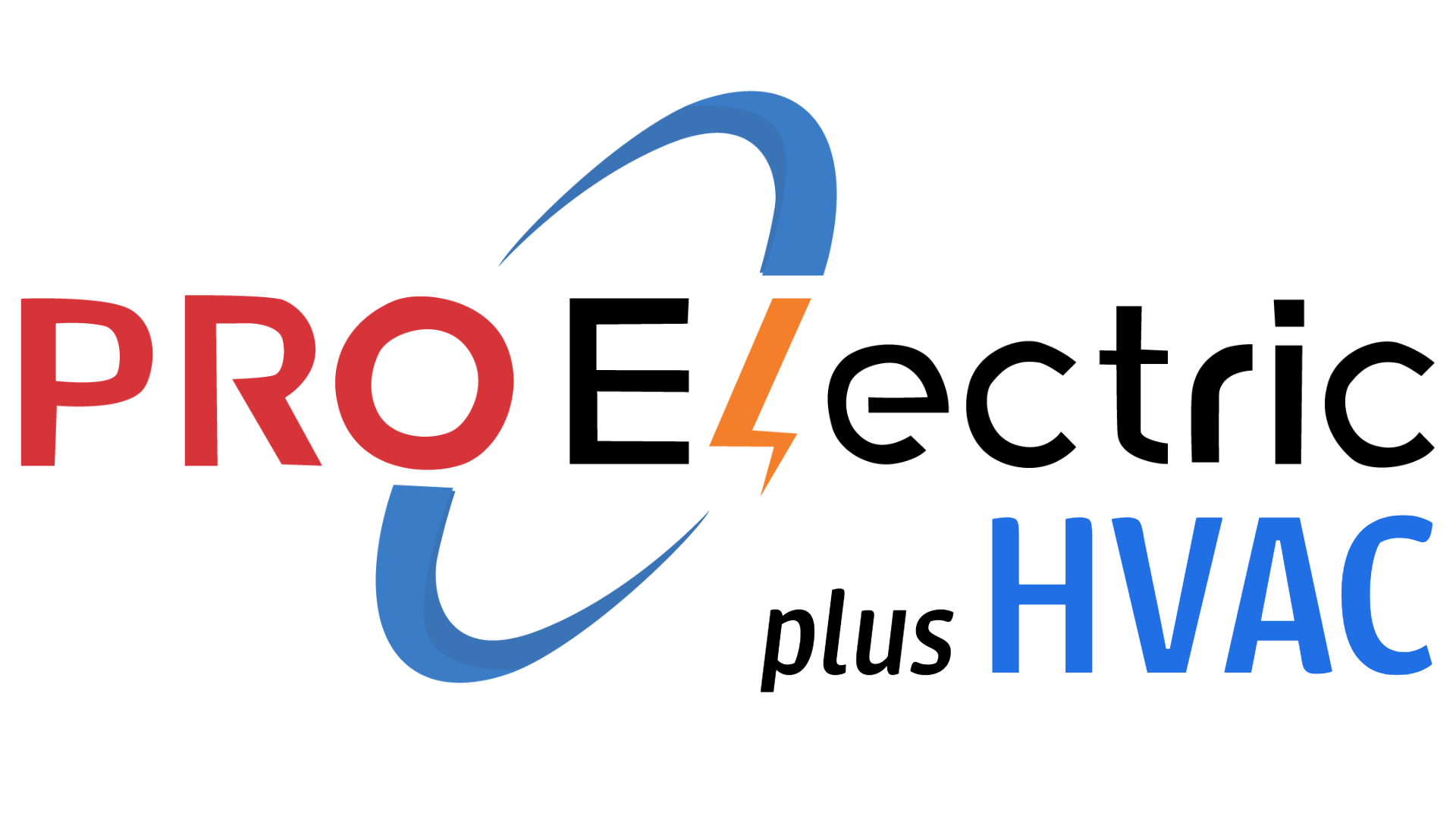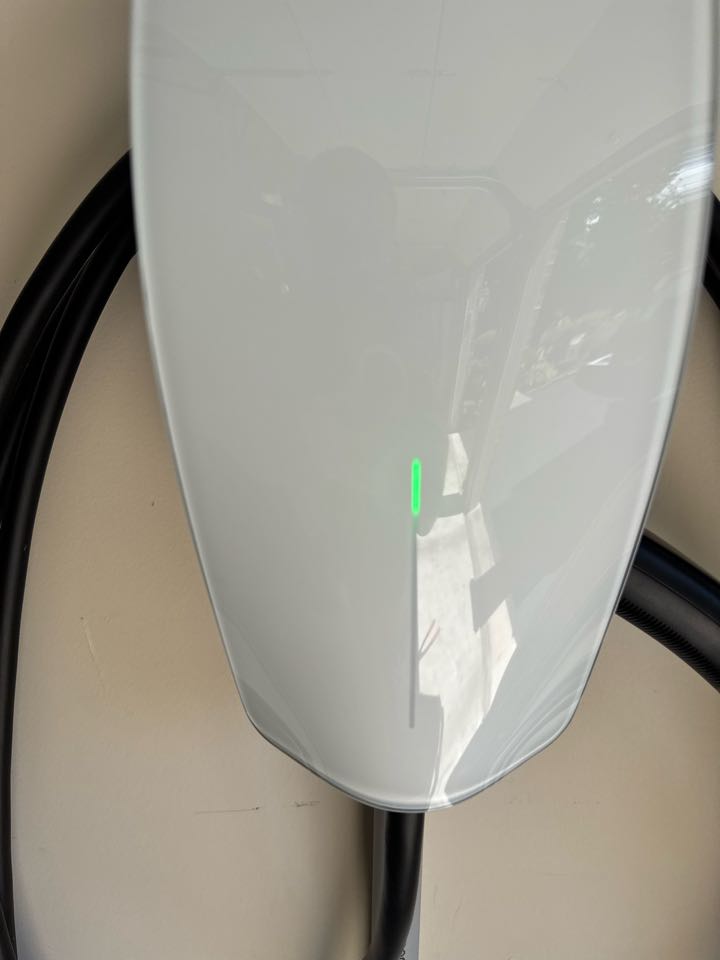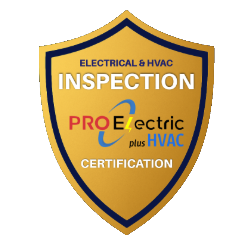CERTIFIED🏆, BONDED, & INSURED ELECTRICIANSElectrician Near
Vienna, VA
Electrical Services for Fairfax, Loudoun, Arlington, and Prince William Counties.
SATISFIED CUSTOMERSTestimonials
SAME DAY ESTIMATESSubmit an Electrical Request in Vienna, VA
Contact PRO Electric plus HVAC today for a no-obligation quote.
Recent Jobs and Reviews in Vienna, VA
Job Locations
![]()
Peter W.
Mini split estimate.
Vienna, VA 22180
![]()
Jason C.
New circuit run for water heater.
Vienna, VA 22180
![]()
Jason C.
Wire fixed for water heater
Vienna, VA 22180
![]()
Peter W.
Install light fixtures and interconnected smoke detectors.
Vienna, VA 22181
![]()
Peter W.
Breaker panel replacement.
Vienna, VA 22182
![]()
Peter W.
Breaker panel replacement.
Vienna, VA 22182
![]()
Peter W.
Repair open circuit issue.
Vienna, VA 22180
![]()
Jason C.
Smoke and carbon monoxide combo detectors replaced for townhouse
Vienna, VA 22181
![]()
Peter W.
Emergency AC repair
Vienna, VA 22182
FAIRFAX, ARLINGTON, LOUDOUN, & PRINCE WILLIAM COUNTIESElectrical Service Areas
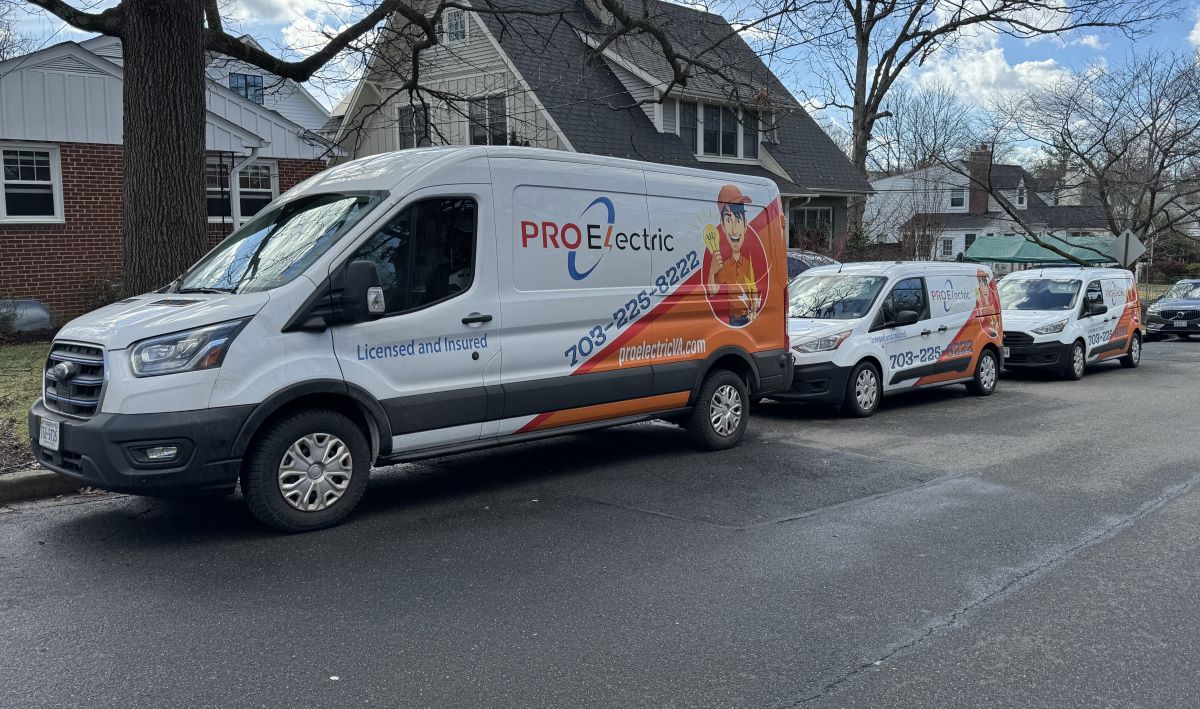
Fairfax County
TOP RATED ELECTRICIANS NEAR YOUFairfax County Service Areas
Fairfax County Virginia Service Areas
- Alexandria
- Herndon
- Vienna
- Clifton
- Reston
- Great Falls
- Falls Church (partly in Arlington County)
- McLean
- Oakton
- Chantilly
- Centreville
- Fairfax
- Annandale
- Burke
- Dunn Loring
- Merrifield
- Lorton
- Springfield
We provide electrical services in the following Vienna neighborhoods
-
Acadia
-
Ashgrove Plantation
-
Bailiwick
-
Barristers Place
-
Carpers Farm
-
Chathams Ford Estates
-
Clarks Crossing
-
Colvins Glen
-
Country Creek
-
Courthouse Station
-
Dunn Loring Village
-
Dunn Loring Woods
-
East Vienna Woods
-
Edgelea Woods
-
Eudora
-
Flint Hill
-
Hearthstone Courts
-
Hunter Mill Estates
-
Hunters Valley
-
Lakevale Estates
-
Lewis Manor
-
Little Vienna Estates
-
Marquis At Vienna Station
-
Merrifield View
-
Mosbys Landing
-
Oakton Glen
-
Orchard View
-
Stonewall Manor
-
Sun Valley
-
Tanglewood
-
Tysons Woods
-
Vienna Woods
-
West Vienna Woods
-
Westbriar
-
Westwood Estates
-
Westwood Village
-
Wolf Trap Woods
Loudoun County
BEST ELECTRICIANS IN LOUDOUN COUNTY! Loudoun County Service Areas
Arlington County
TOP RATED ARLINGTON COUNTY ELECTRICAL PROS Arlington County Service Areas
Prince William County
